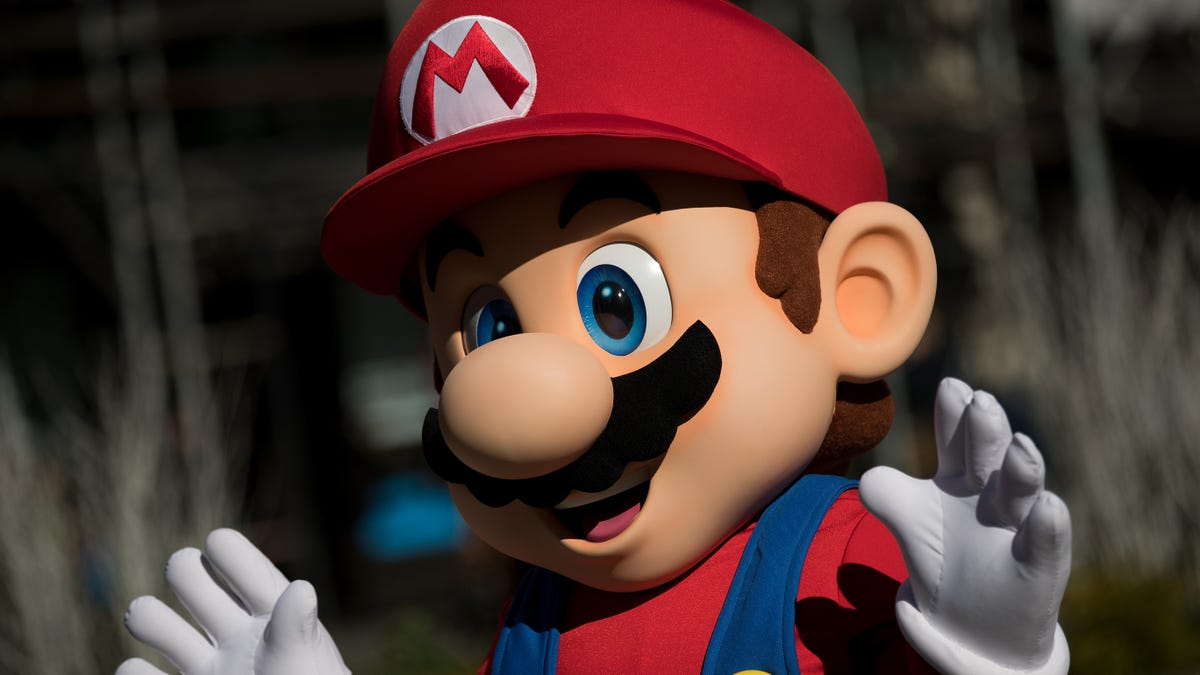Microsoft’s Bold Move to Acquire Nintendo: A Missed Opportunity
In a surprising turn of events, Microsoft once considered acquiring Nintendo to secure exclusive access to its iconic first-party titles for the Xbox. However, according to a recent report from Bloomberg, the Japanese gaming titan not only rejected the proposal but also found it laughable.
The Meeting That Went Awry
Kevin Bachus, who served as Microsoft’s director of third-party relations during the early days of Xbox, recounted this intriguing chapter in an oral history about the console’s development. “Steve [Ballmer, former CEO of Microsoft] insisted we meet with Nintendo to explore their interest in being acquired,” Bachus revealed. “The response was nothing short of hysterical; they laughed at us for an entire hour. It was quite an experience.”
During this period when Microsoft was launching its gaming console, it reached out to several companies with acquisition proposals. Notable names included Electronic Arts and Midway Games; however, EA turned down Microsoft’s overture while Square (now Square Enix) deemed the offer insufficient.
The Pitch: A Joint Venture Proposal
Microsoft’s ambitions extended beyond mere acquisition; they sought collaboration as well. Bob McBreen, who led Xbox business development at that time, shared insights into their approach: “In January 2000, we invited Nintendo over to discuss a potential partnership where we would provide them with our technical specifications for the Xbox.” He added that their pitch highlighted perceived weaknesses in Nintendo’s hardware compared to competitors like Sony’s PlayStation.
Despite these discussions and hopes for synergy—combining Nintendo’s beloved franchises such as Super Mario Bros. and The Legend of Zelda with what Microsoft believed were superior hardware capabilities—the negotiations ultimately fell flat.
Contextualizing Gaming Successes
At that time, both the Nintendo 64 and GameCube were on store shelves but struggled commercially compared to earlier successes like the Super Nintendo Entertainment System (SNES). Nevertheless, within a few years following these events, Nintendo would launch two groundbreaking consoles—the DS and Wii—which became some of the most successful systems in gaming history. Today’s market also sees impressive performance from their latest offering—the Switch—continuing this legacy.
Meanwhile, Microsoft has been actively expanding its portfolio by acquiring various game studios; just last year it announced plans to purchase ZeniMax Media—a move that brought Bethesda Softworks into its fold alongside popular franchises like The Elder Scrolls and Fallout.
Speculating on Alternate Realities
This historical moment raises intriguing questions about what could have transpired had Nintendo accepted Microsoft’s acquisition offer. Imagine Master Chief racing alongside Mario or exclusive first-party titles gracing Xbox Series X/S right at launch—such scenarios could have dramatically altered both companies’ trajectories in gaming history.
As we reflect on this pivotal moment between two giants in technology and entertainment industries alike, it’s clear that sometimes missed opportunities can lead us down entirely different paths.
